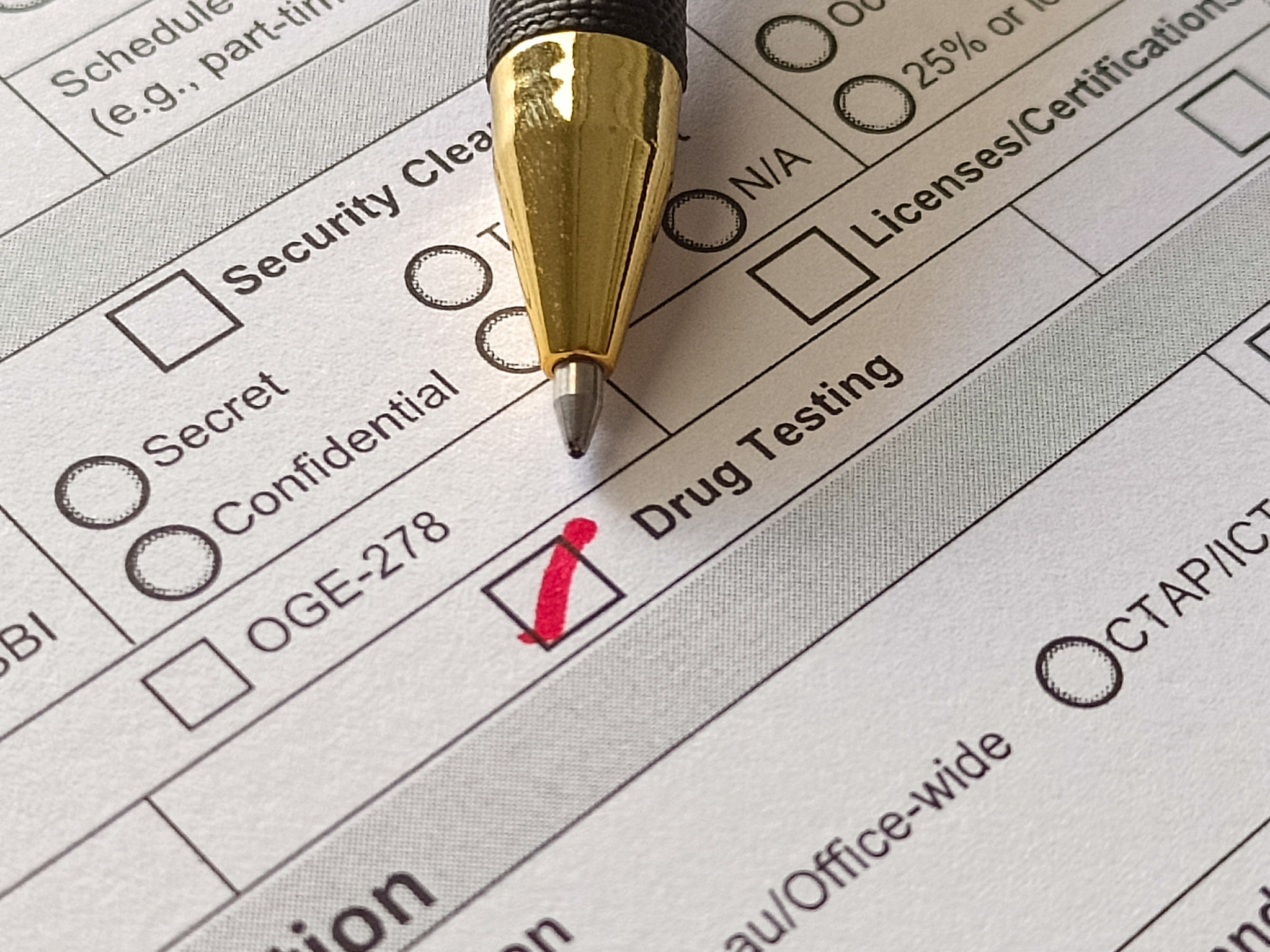Local Regulations and Requirements for Drug Testing in New Jersey: A Quick Overview
Understanding the Basics of Drug Testing Regulations in New Jersey
New Jersey has specific regulations and requirements regarding drug testing that businesses must adhere to. Understanding these regulations is crucial for employers to ensure compliance and avoid potential legal issues. This overview will help clarify the key aspects of drug testing laws in New Jersey.

Who Can Be Tested?
In New Jersey, employers have the right to conduct drug tests on employees, but there are certain conditions and limitations. Pre-employment drug testing is commonly practiced, and employers can require it as a condition of employment. However, once an individual is hired, random drug testing is generally more restricted and must be justifiable by the nature of the job.
For example, jobs that involve safety-sensitive duties, such as operating heavy machinery or working in healthcare, may warrant more frequent testing. Employers need to ensure that their drug testing policies are clearly outlined in their employee handbooks to maintain transparency.
Types of Drug Testing Permitted
There are various types of drug tests that employers in New Jersey may utilize. The most common methods include:
- Urinalysis
- Saliva tests
- Hair follicle tests
- Blood tests
Each method has its own advantages and limitations, but urine tests are the most widely used due to their cost-effectiveness and reliability.

Legal Considerations and Employee Rights
Employers must also be aware of employee rights when it comes to drug testing. In New Jersey, employees have the right to refuse a drug test; however, refusal can lead to disciplinary actions, including termination of employment. Additionally, results from drug tests must be kept confidential, and only authorized personnel should have access to them.
It's important for employers to have a clear policy in place regarding the handling of drug test results and appeals processes for employees who wish to contest a positive result.
Impact of Legalized Marijuana
The legalization of recreational marijuana in New Jersey adds another layer of complexity to drug testing policies. While marijuana is legal for personal use, it remains a controlled substance under federal law. Employers must decide how to address marijuana use in their drug testing policies and whether to accommodate off-duty use that does not affect job performance.

Implementing a Compliant Drug Testing Program
To stay compliant with New Jersey's regulations, businesses should implement a comprehensive drug testing program that includes:
- Clear written policies and procedures
- Training for management on administering tests and handling results
- Regular reviews of policies to ensure they align with current laws and regulations
An effective program not only supports a safe workplace but also protects the company from potential legal challenges.
Conclusion: Staying Informed and Proactive
New Jersey's drug testing regulations require employers to carefully navigate the legal landscape. By staying informed about current laws, understanding employee rights, and implementing robust drug testing policies, businesses can create a safe work environment while remaining compliant with state requirements.
Regularly consulting with legal experts or HR professionals can help companies adapt to any changes in legislation and ensure their policies remain up-to-date.
